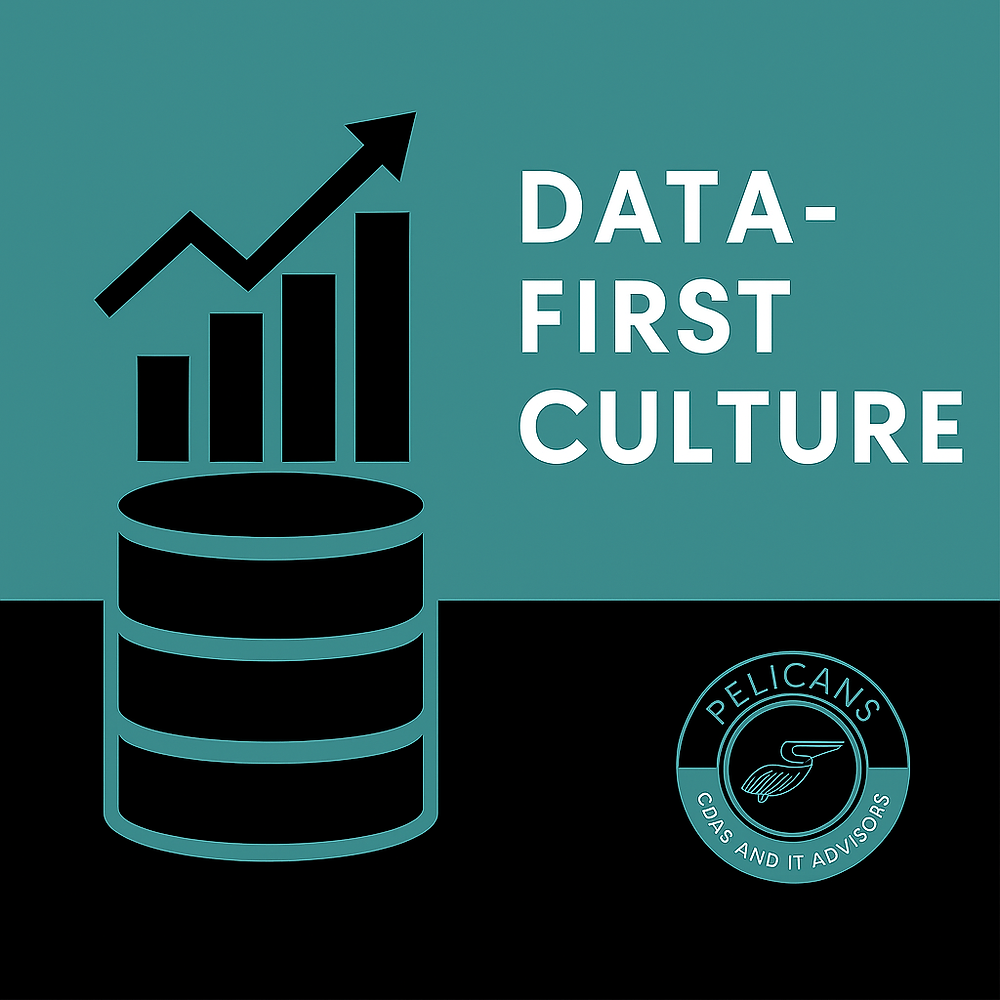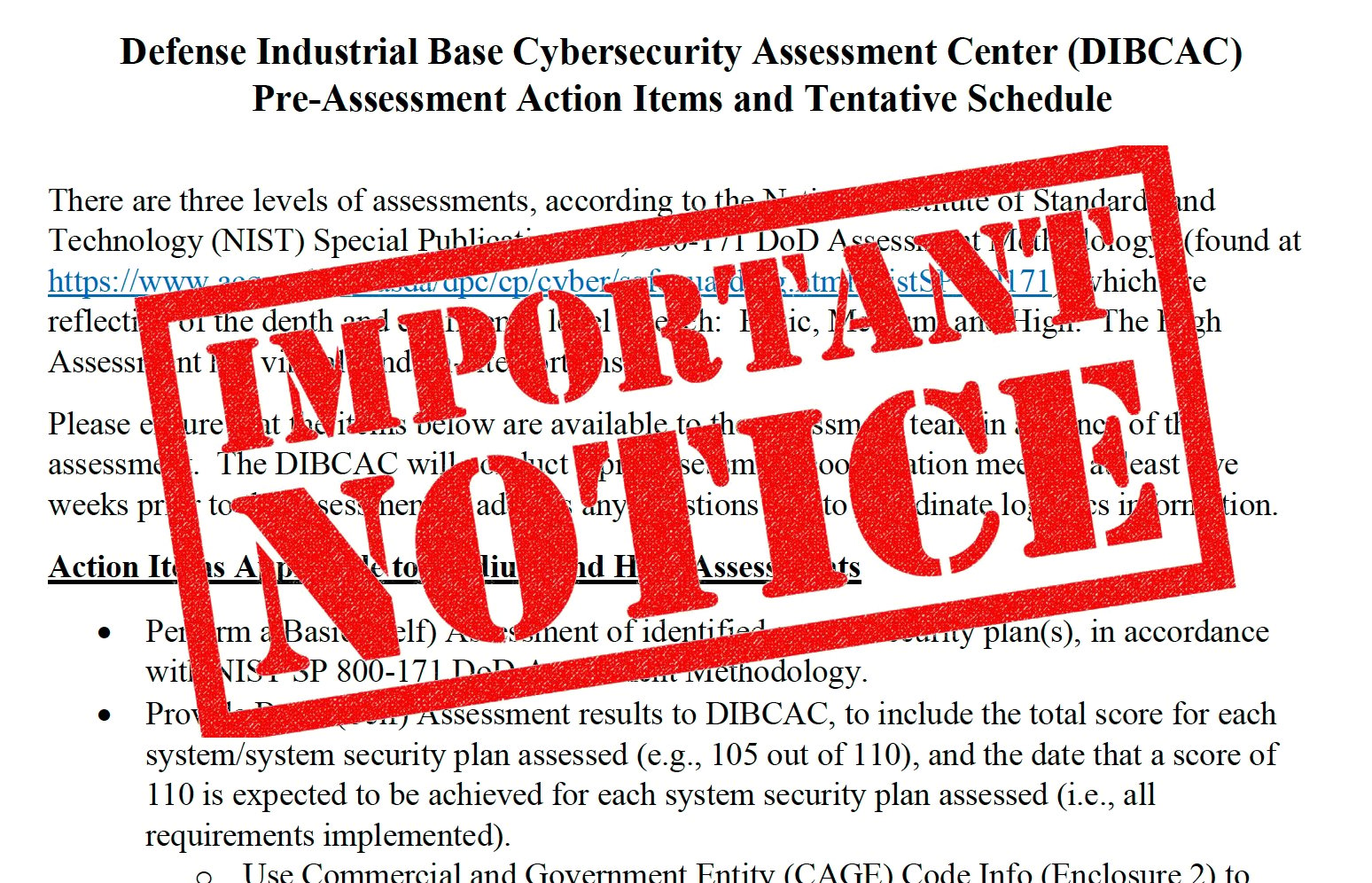Pelican3 Consulting LLC Expands Tax & Accounting Services with Acquisition of RT Taxes LLC
FOR IMMEDIATE RELEASE Date: December 16, 2025
3 min read
Rob Blanchard : Updated on August 1, 2025

In today’s business landscape, innovation is no longer a luxury—it’s a necessity. Companies are racing to adopt AI-powered tools, intelligent automation, and advanced analytics platforms. But many are learning the hard way that without a strong foundation, these cutting-edge technologies can crumble under the weight of poor execution.
The missing link? Data.
While automation and AI promise transformation, they can’t deliver results without clean, structured, and reliable data. Organizations that chase technology without first building a data-first culture risk wasted investments, stalled projects, and costly rework.
A data-first culture isn’t about hoarding data—it’s about respecting data as a strategic asset. It means embedding data stewardship into every layer of the organization, from daily operations to executive decision-making.
In a data-first organization:
Employees understand that how data is collected, entered, and maintained matters.
Systems are designed to encourage accuracy and reduce duplication.
Cross-functional teams share a common language and strategy around data.
This mindset shift empowers automation efforts and AI models to work with the business, not against it.
Let’s be blunt: AI is only as smart as the data it's fed. Machine learning algorithms, predictive models, and automated workflows rely on vast amounts of structured, high-quality data to function properly. If your systems are feeding them inconsistent, outdated, or incomplete information, you’ll get flawed results—fast.
Consider a few examples:
A chatbot trained on messy, untagged documentation gives inconsistent answers to customers.
An RPA workflow fails to process invoices because vendor records are missing key fields.
A predictive model misfires because it was trained on skewed, incomplete transaction data.
These aren’t rare exceptions—they’re everyday challenges for organizations that rush into innovation without first readying their data landscape.
One of the most common missteps we see at Pelican3 is when data quality and governance are treated as “back office” concerns. Businesses prioritize implementing the latest AI tool or workflow automation but leave data readiness until the end—or ignore it altogether.
This reactive approach results in:
Project delays as teams scramble to clean or reconcile data.
Unplanned costs due to rework or tool integration issues.
Missed insights because the “source of truth” is fragmented or unclear.
Innovation should not be built on shaky ground.
Creating a data-first culture doesn’t require boiling the ocean. But it does require intentional action:
Executive teams must signal that data quality is a core part of the organization’s growth and risk posture—not just an IT task. Include data integrity as a performance metric across business units.
Establish clear ownership, policies, and processes for managing data across its lifecycle. Tools are helpful, but governance is a mindset and a discipline.
Train employees to understand how their inputs affect downstream analytics and automation. A salesperson who updates CRM notes thoroughly may unknowingly be supporting a future revenue forecast.
Break down walls between IT, operations, finance, and compliance. Cross-functional alignment ensures that data flows properly and that innovation efforts aren’t hampered by misaligned priorities.
When selecting new AI or automation platforms, ask: How does this tool integrate with our data ecosystem? Tools should complement—not complicate—your data infrastructure.
A client of ours—a regional financial institution—wanted to implement robotic process automation (RPA) to streamline onboarding. Initial tests failed due to inconsistencies in client records across departments. Rather than abandon the initiative, we helped them establish a lightweight data governance process and cleaned up critical fields. Within months, they had a fully automated onboarding process that not only saved time but improved client satisfaction. The key enabler? Clean, unified data.
There’s no question that automation and AI can drive powerful change. But the secret to long-term success isn’t just in selecting the right tool—it’s in building a foundation where that tool can thrive. A data-first culture is that foundation.
At Pelican3, we help forward-thinking organizations align their technology goals with the discipline of strong data governance and strategic planning. If your business is exploring automation, AI, or digital transformation, start with your data. We’ll help you make sure it’s ready.
Whether you’re preparing for a new AI initiative or trying to get more from your existing tools, the first step is building a data-first culture. Contact Pelican3 for a consultation and let’s unlock the full value of your innovation strategy—starting at the source.
Strategic Tech. Financial Growth. Harmonized. ©

FOR IMMEDIATE RELEASE Date: December 16, 2025

DIBCAC Is Assessing Your NIST 800-171 Compliance, and the Clock Is Already Running You opened your mail and there it was: a formal notification from...

FOR IMMEDIATE RELEASE Pelican3 Consulting and Code 6 Technologies Unite to Strengthen Cybersecurity, Forensics, and Technology Advisory Services ...